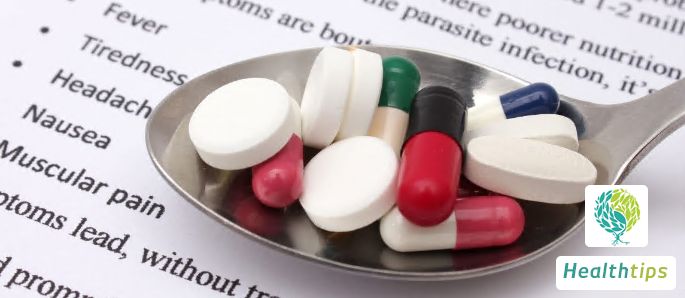What Are the Methods for Rapid Healing of Surgical Wounds?
For some major diseases, surgical procedures are necessary to remove diseased tissues. However, post-surgery patients often experience weakness, and surgical wounds can cause significant inconvenience. To promote rapid wound healing, a diet rich in collagen and high-protein foods is beneficial. Additionally, certain nutritional supplements can also aid in wound healing.

1. Vitamin A Accelerates Wound Healing
A lack of vitamin A can hinder wound healing. Vitamin A plays a crucial role in cell differentiation, epithelial fibroblast proliferation, and collagen production. It also has antioxidant properties that can help brighten the skin, thus serving a dual purpose in wound healing. Foods rich in vitamin A include animal liver, egg yolks, carrots, tomatoes, and milk.
2. Zinc Supplementation Promotes Wound Healing
Authoritative studies have confirmed that zinc supplementation before and after surgery is beneficial for wound healing. Zinc is an activator of various enzymes involved in metabolism, participating in the synthesis and metabolism of fats, proteins, and ribonucleic acid. It supports the division and growth of epidermal cells, accelerates the formation of new granulation tissue in wounds, and helps prevent infection. Foods high in zinc include beef, pork liver, pork kidney, nuts like walnuts and peanuts, and legumes such as soybeans and broad beans. Zinc supplements like Xinxibao Zinc Selenium are also available to rapidly replenish zinc and accelerate wound healing.
3. Vitamin C Reduces Melanin Production
Vitamin C enhances wound healing and improves the body's response to injury and infection. During infection or fever, vitamin C loss increases, making it crucial for stimulating the body's response. Collagen, which is necessary for wound filling, requires vitamin C for the formation of collagen fibers. As a reducing agent, vitamin C can reduce the formation of melanin and has a significant skin-brightening effect, converting already formed melanin into a colorless substance. Vitamin C is found in various vegetables and fruits, especially green vegetables, spinach, oranges, jujubes, kiwi, oranges, and pomelo.
4. Protein Reduces Wound Infection
Protein promotes wound healing and reduces the risk of infection. Individuals with wounds should consume foods rich in quality protein, such as lean meat, milk, and pigeon, which contains high-quality hemoglobin and chondroitin. These nutrients can regulate brain function, improve sleep, and enhance overall health, providing special dietary benefits.
5. Moderate Fat Is Beneficial for Wound Healing
A lack of fats can lead to defects in wound healing. Fish oil, rich in fatty acids, has anti-inflammatory properties that benefit wound healing. Additionally, sugar is a vital energy source for the body, and adequate sugar intake is essential for wound healing. Eating fruits rich in sugar can not only provide energy but also supply sufficient vitamins during the wound healing process.



















